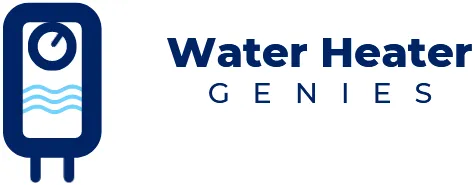Condensing vs Non Condensing Tankless Water Heaters: The Differences
Condensing and non-condensing tankless water heaters are two options that homeowners often consider. It is important to understand the differences between these two types in order to make an informed decision. This article provides a comprehensive comparison of condensing and non-condensing tankless water heaters, enabling readers to choose the heater that best suits their needs and living space.

What is a tankless water heater and how does it work?
Compared to traditional tank water heaters, tankless models offer several advantages. First, they are more space-efficient as they do not require a bulky storage tank. This is particularly beneficial for homes with limited space.
Additionally, tankless water heaters are more energy-efficient since they only heat water as needed, reducing standby energy loss. They also have a longer lifespan, as the absence of a storage tank minimizes the risk of corrosion and leaks. These factors make tankless water heaters a popular choice for homeowners looking for a reliable and energy-efficient hot water solution.

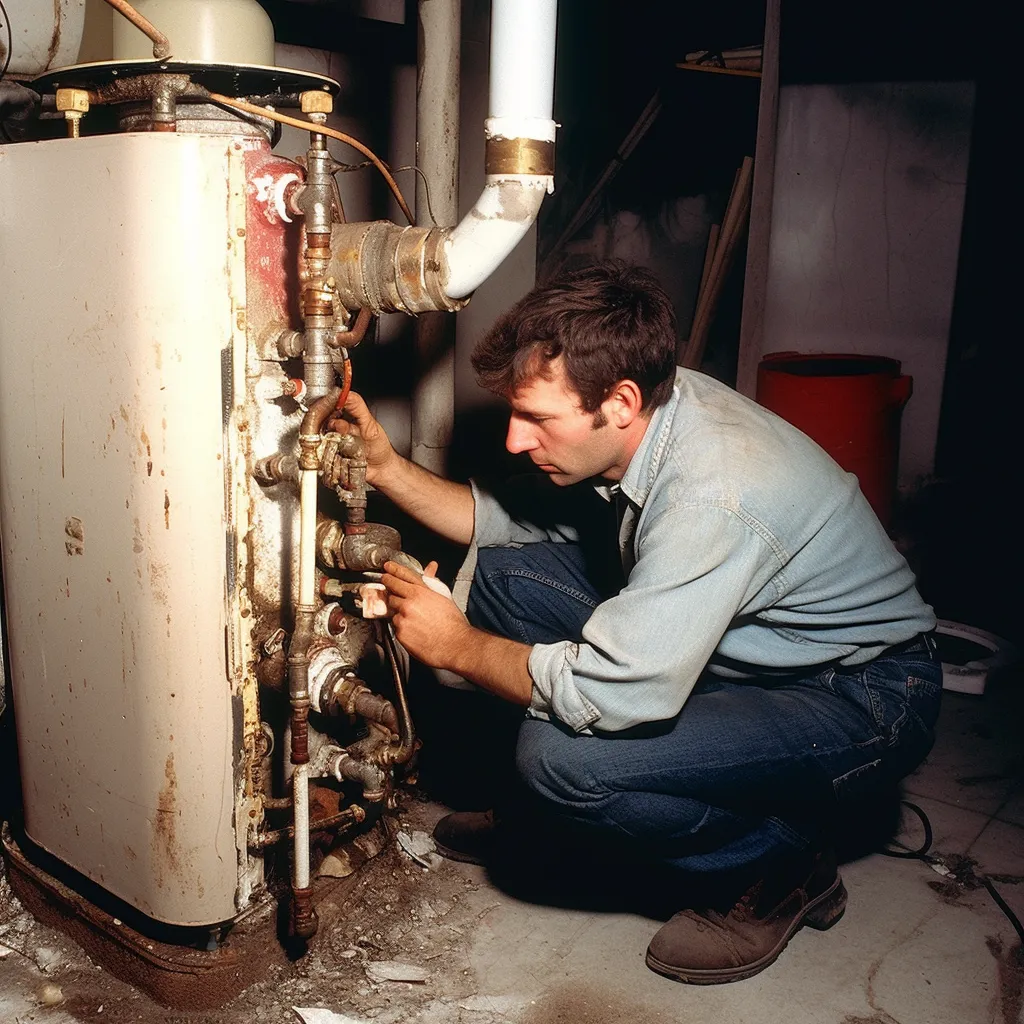
What is a condensing tankless water heater?
A condensing tankless water heater is an advanced type of tankless water heater that incorporates a condensing technology to maximize energy efficiency. Unlike non-condensing tankless heaters, which release waste heat into the atmosphere, condensing models capture and recycle the waste heat to further heat the incoming water.
By utilizing this condensing technology, condensing tankless water heaters can achieve higher energy efficiency ratings and provide cost savings on energy bills. They are particularly beneficial for homes with high hot water demands, as they can meet those demands while minimizing energy waste.
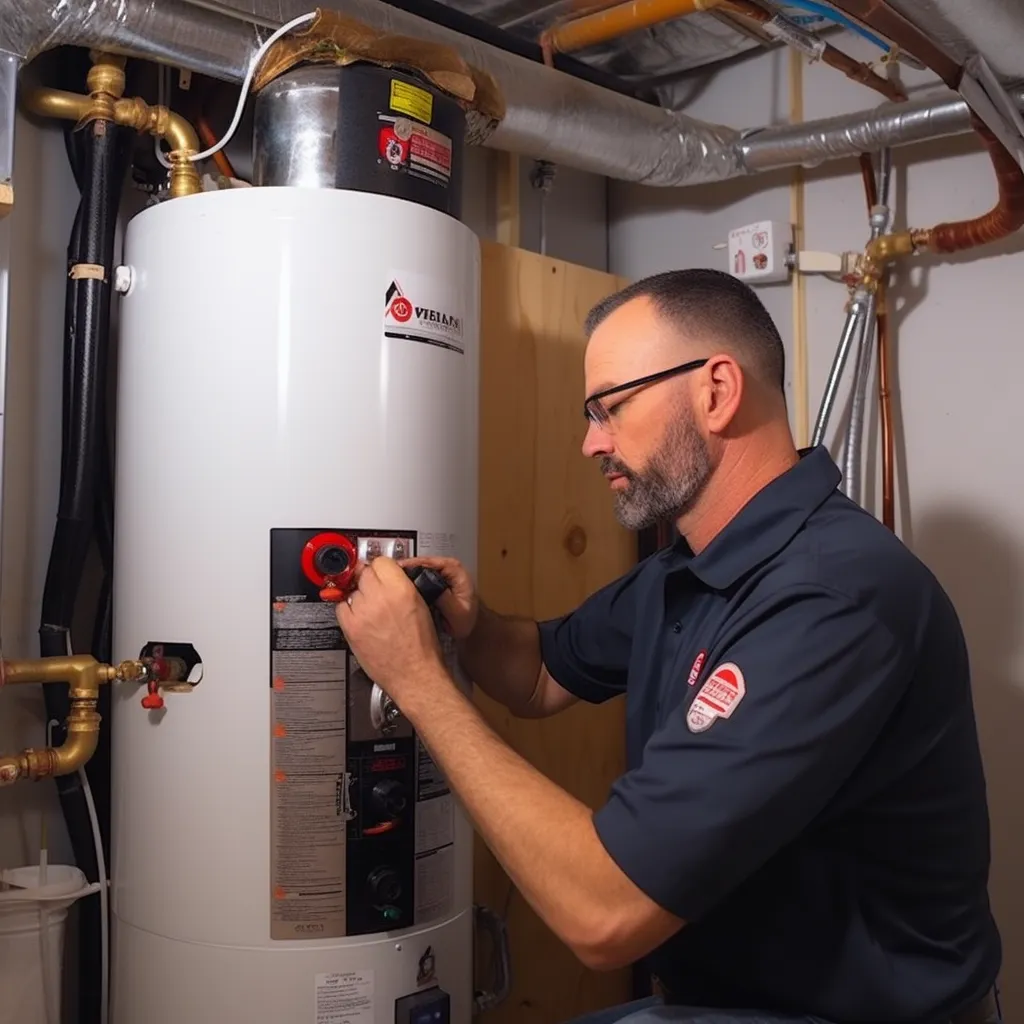
What are the differences in condensing vs non condensing tankless water heaters
Condensing tankless water heaters are more energy-efficient than non-condensing models. They use a secondary heat exchanger to capture and recycle waste heat from exhaust gases, resulting in lower energy waste and reduced operating costs. While condensing models have higher upfront costs, they provide long-term savings on energy bills. Non-condensing models release exhaust gases directly into the atmosphere. Consider your energy efficiency goals and budget when choosing between the two types.
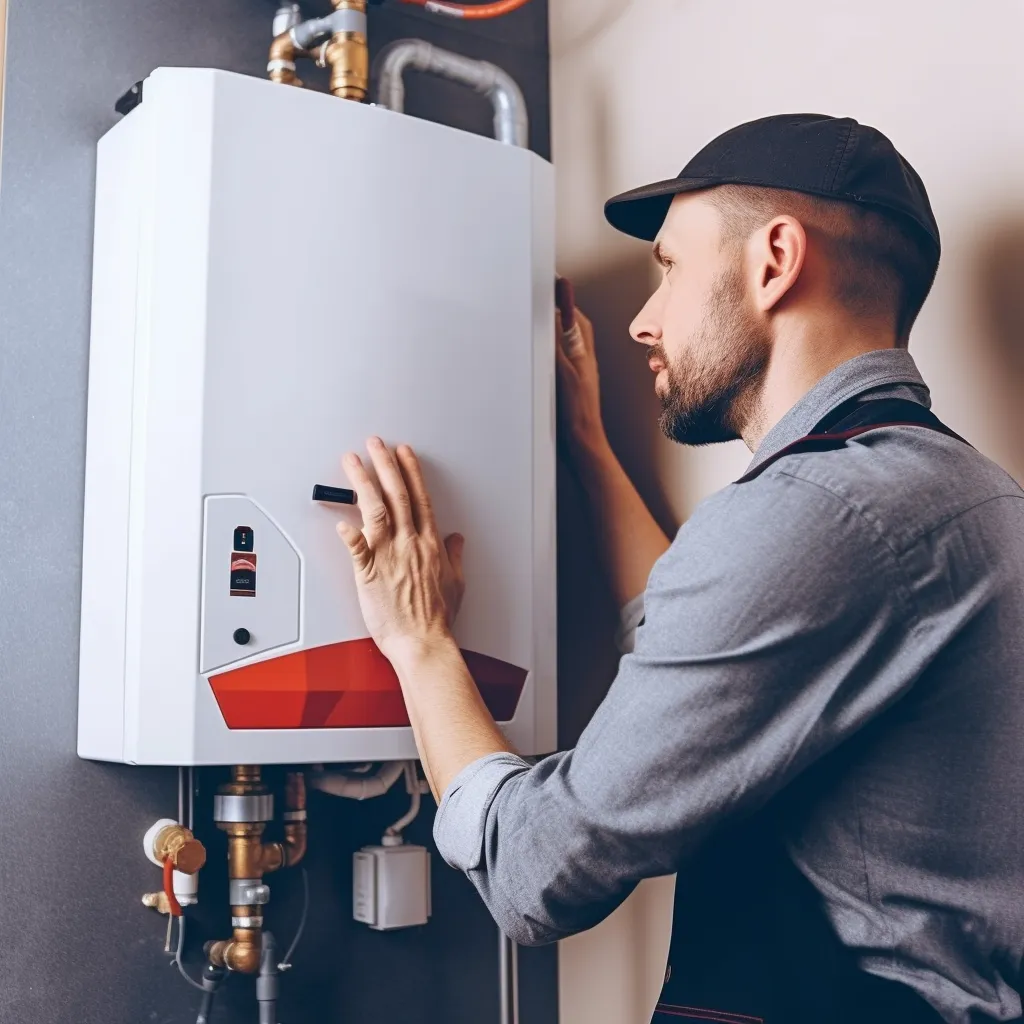
What are the benefits
of a condensing tankless water heater?
Condensing tankless water heaters offer multiple benefits compared to non-condensing models.
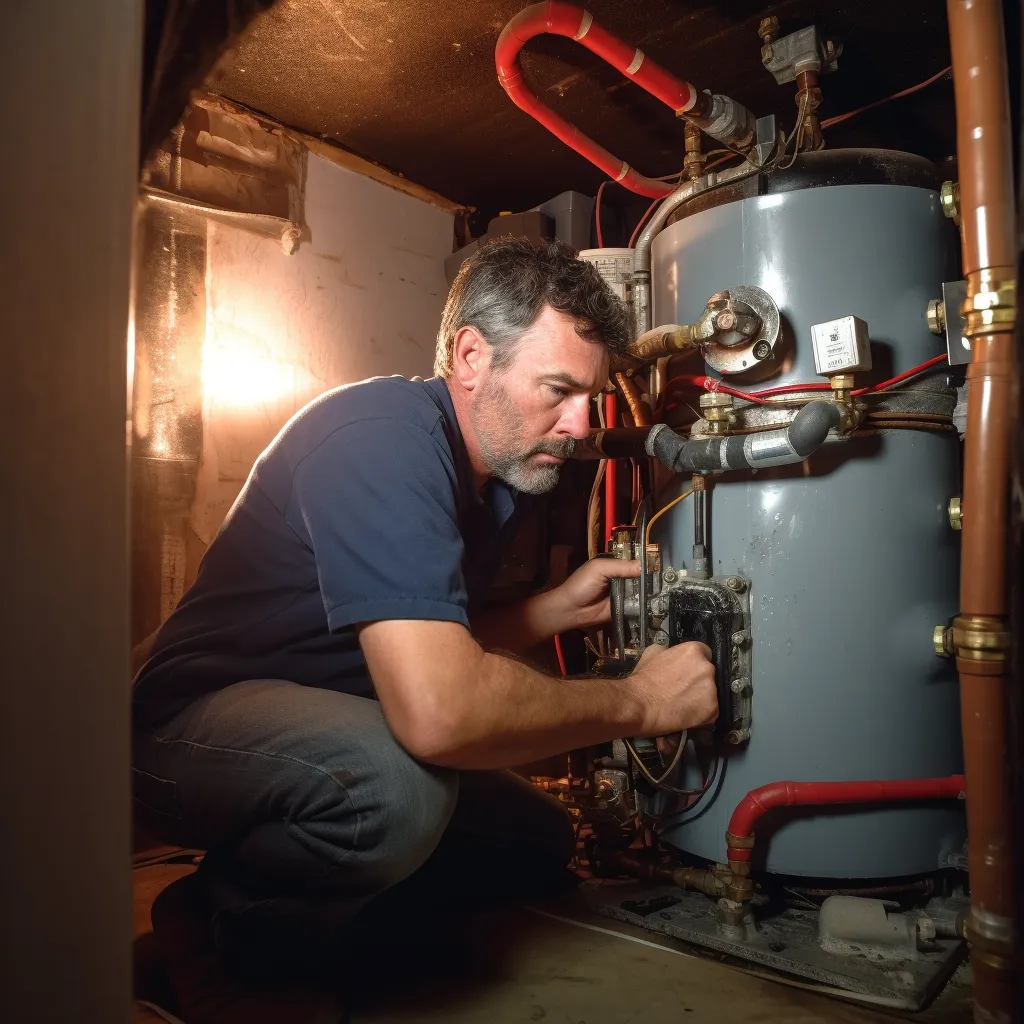
Condensing tankless water heaters are known for their superior energy efficiency compared to non-condensing models.
By efficiently utilizing heat and minimizing energy waste, these models produce fewer greenhouse gases.
With fewer components and a design that promotes efficient heat transfer, condensing water heaters experience less wear and tear, resulting in increased durability and reliability.
What are the disadvantages
of a condensing tankless water heater?
While condensing tankless water heaters offer many advantages, there are a few potential drawbacks to consider:
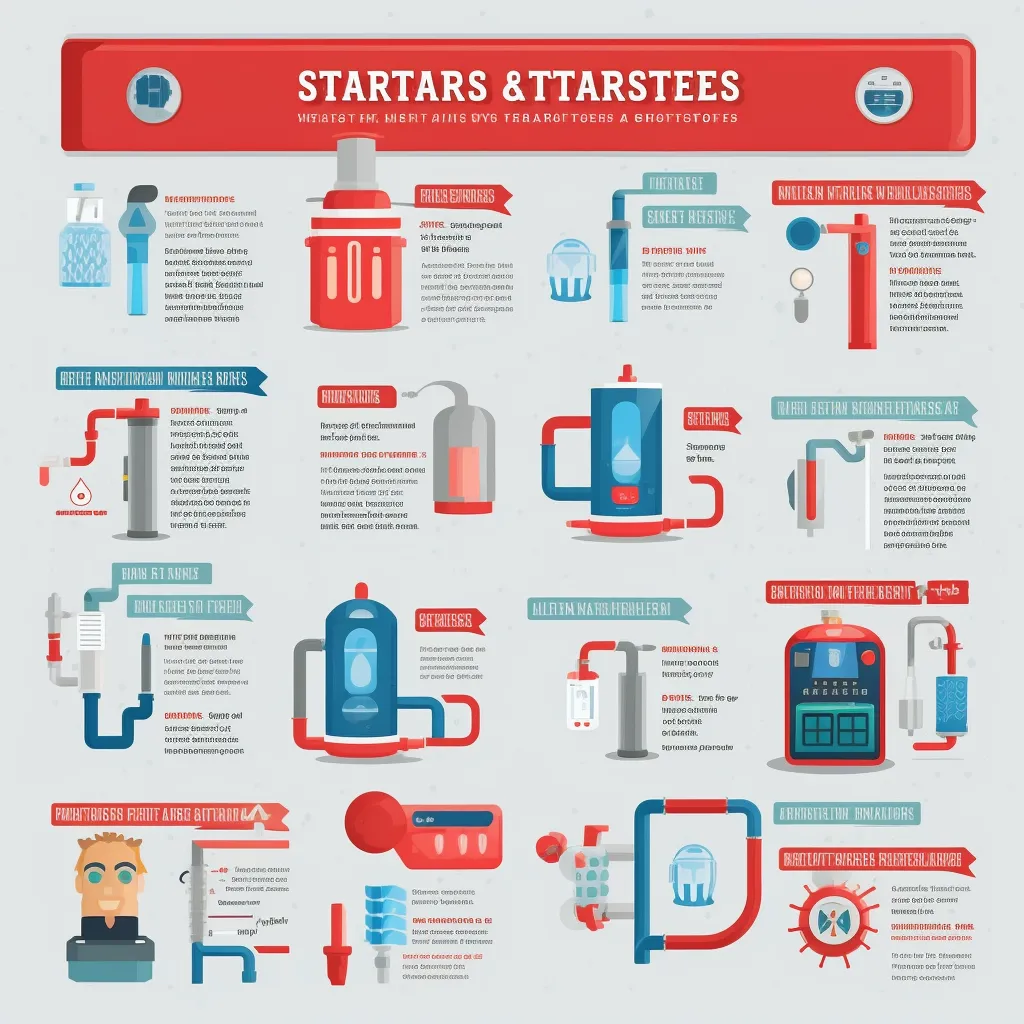
Condensing water heater models typically come with a higher price tag compared to non-condensing ones.
It's important to note that condensing water heater models may require more maintenance and have greater installation complexity compared to non-condensing models.
While condensing models may require more maintenance, it's crucial to consider the long-term savings they offer in terms of energy efficiency.
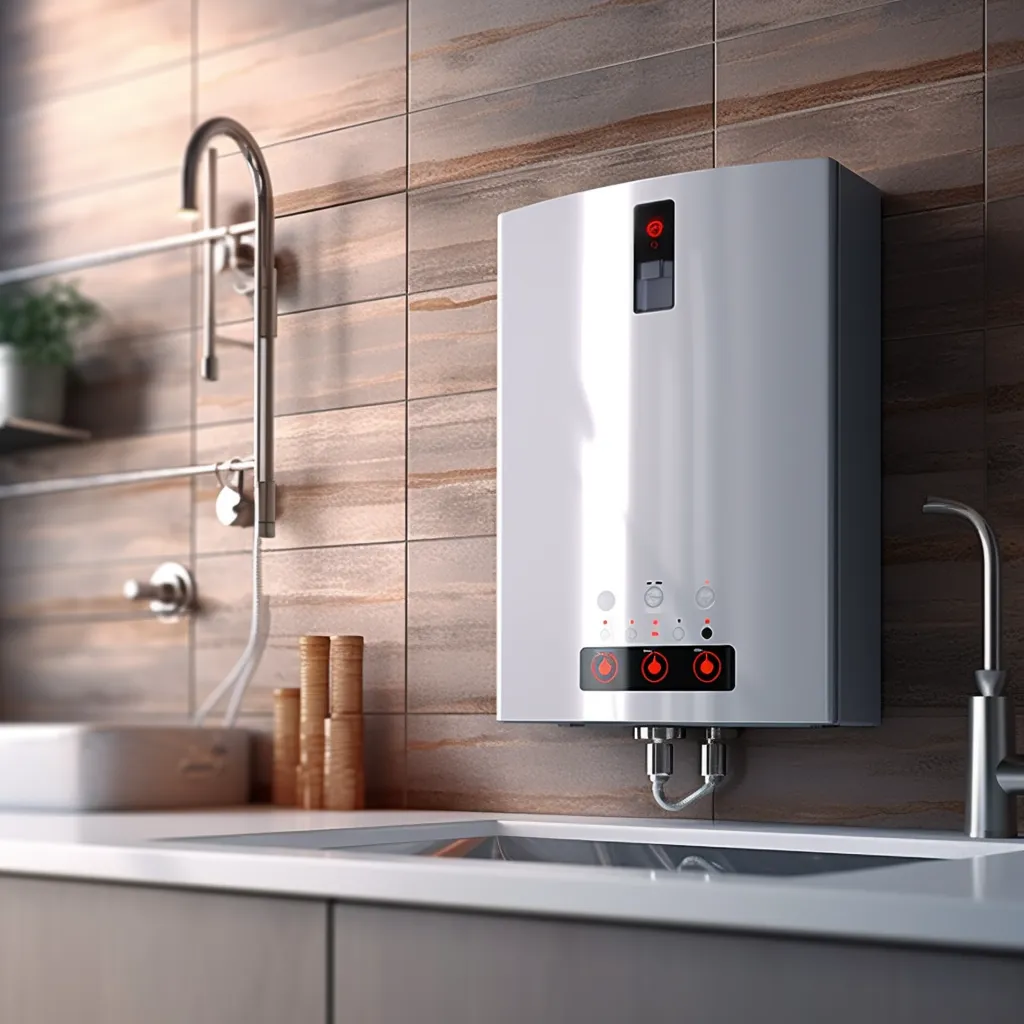
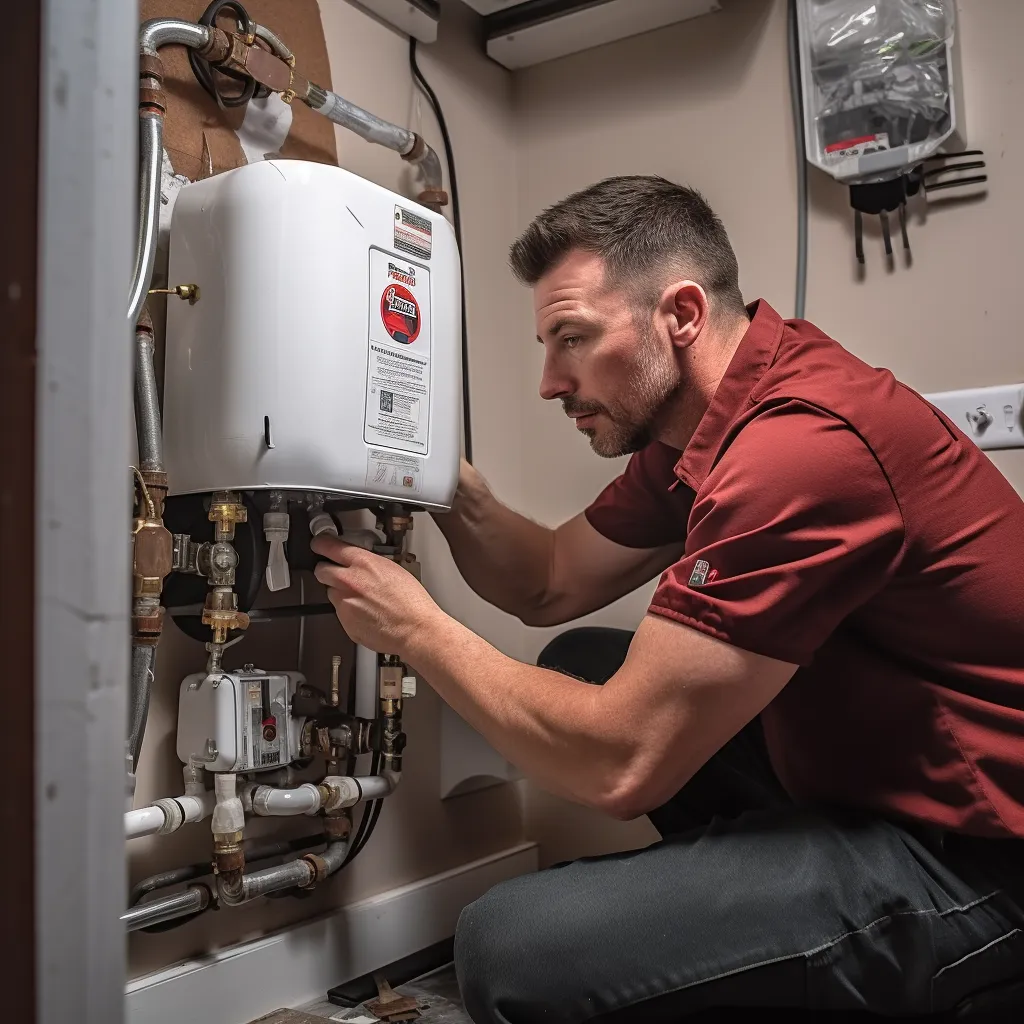
Are condensing tankless water heaters energy-efficient?
Yes, condensing tankless water heaters are highly energy-efficient. They achieve this efficiency by capturing and utilizing the waste heat from the combustion process, which would otherwise be lost in non-condensing models. With efficiency rates of up to 96%, condensing tankless water heaters provide substantial energy savings compared to traditional tank water heaters.
By only heating water when needed, they minimize energy waste and reduce both utility expenses and environmental impact. Investing in a condensing tankless water heater can lead to significant long-term savings and a more sustainable home.
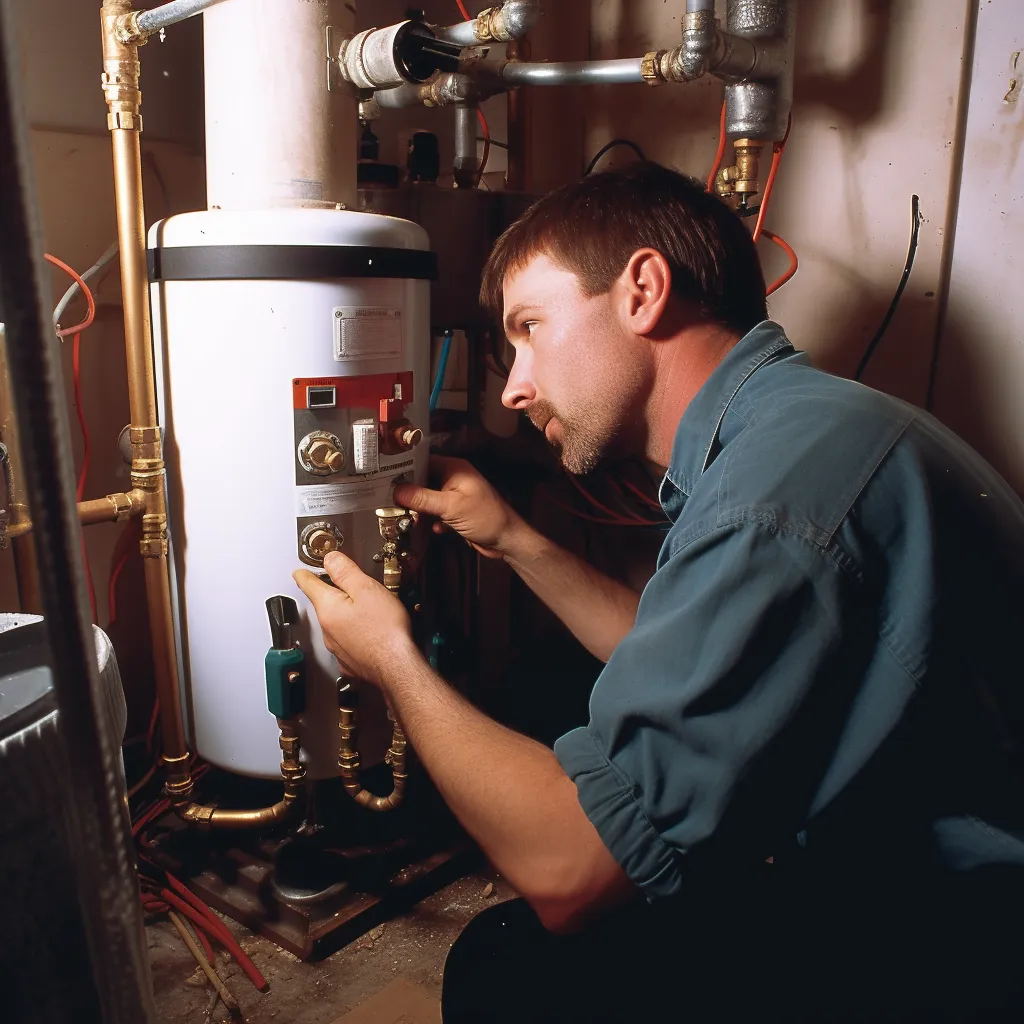
Are non condensing tankless water heaters energy-efficient?
Non-condensing tankless water heaters are known for their energy efficiency and cost savings compared to traditional tank water heaters.While they may not achieve the same high efficiency rates as condensing models, non-condensing tankless water heaters are still a viable option for homeowners looking for energy-efficient water heating solutions.
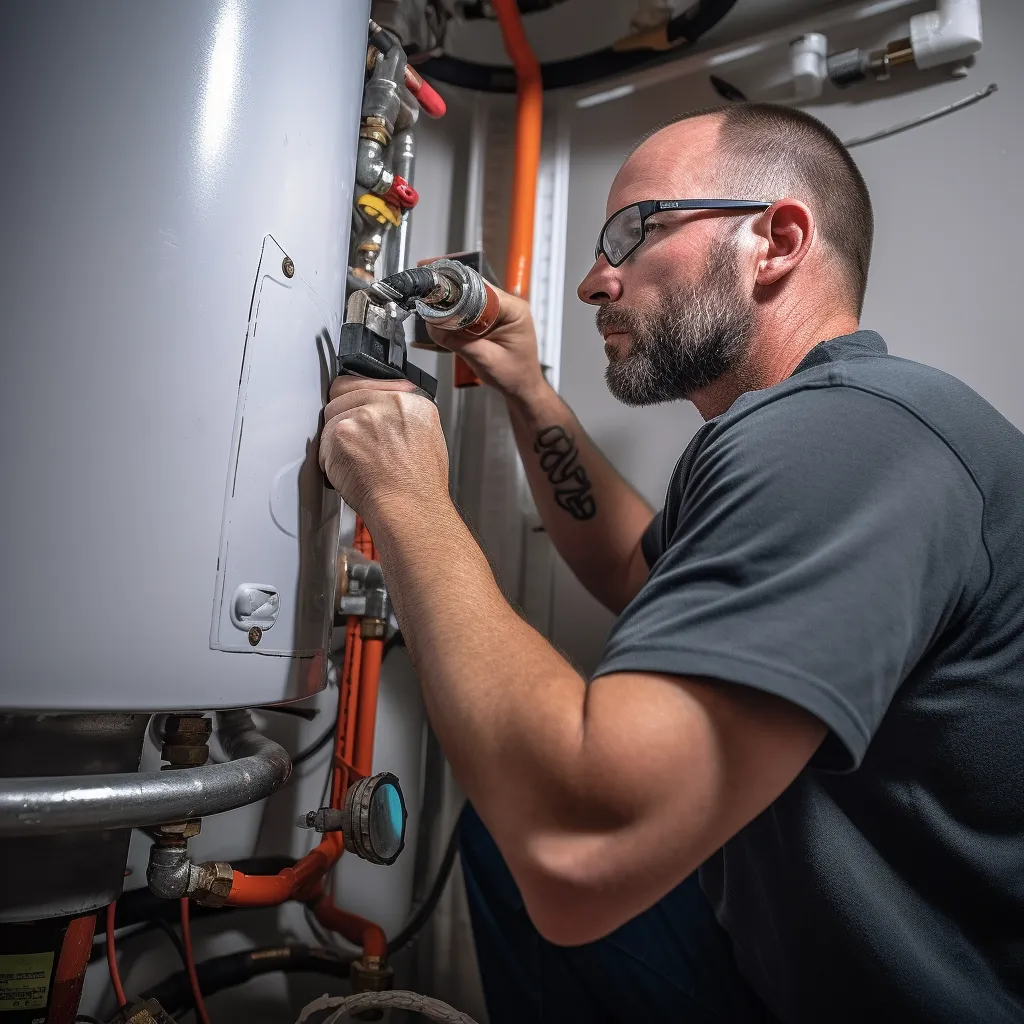
What is the cost to buy and install a condensing tankless water heater?
The cost to buy and install a condensing tankless water heater can vary depending on several factors. The price of the unit itself can range from $1,000 to $3,000 or more, depending on the brand and features. Installation costs can also vary based on factors such as the complexity of the installation, location, and any necessary modifications to the existing plumbing and electrical systems. It is recommended to obtain quotes from licensed professionals to get a more accurate estimate for your specific situation. While the upfront cost may be higher compared to traditional water heaters, the long-term energy savings and improved efficiency of a condensing tankless water heater can make it a worthwhile investment for many homeowners.
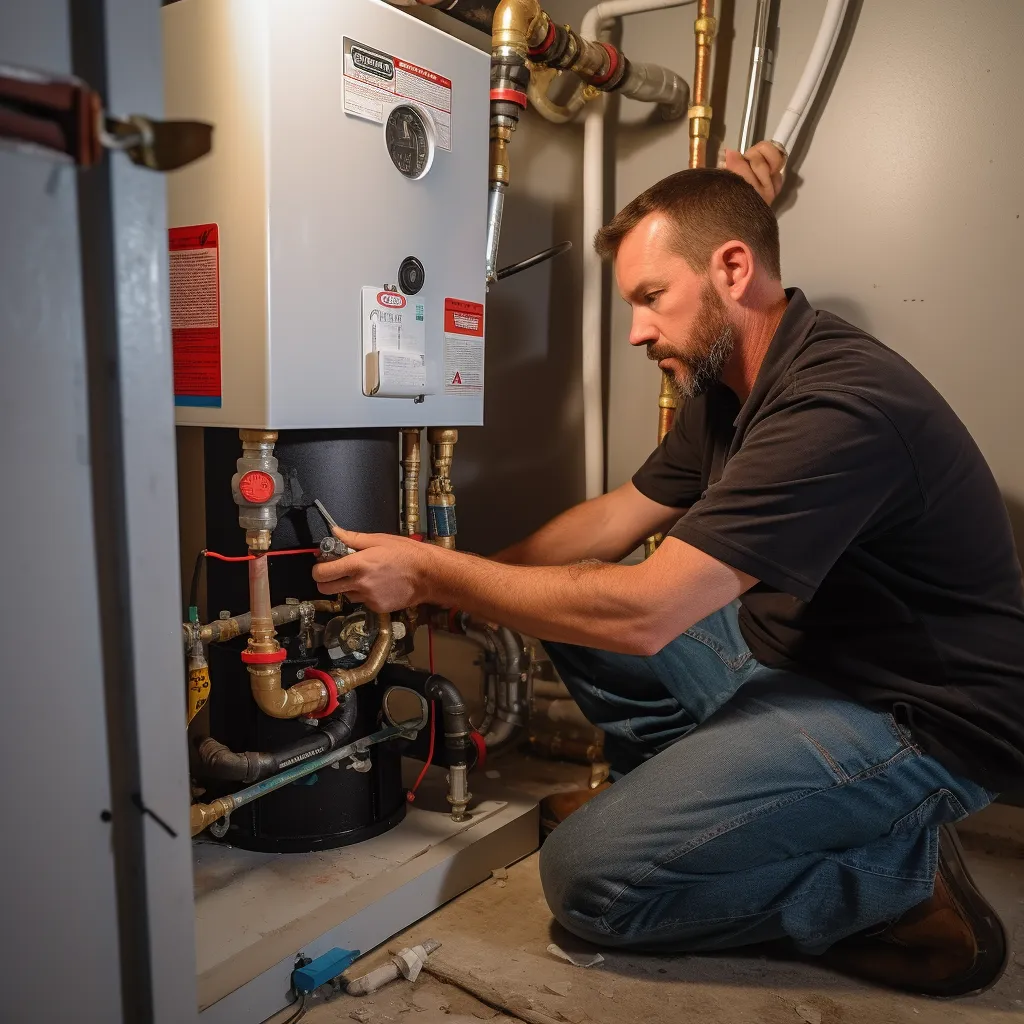
What is the cost to buy and install a non condensing tankless water heater?
The cost to buy and install a non-condensing tankless water heater typically ranges from $1,000 to $3,000, depending on factors such as the brand, model, and size of the unit. It's important to consider the long-term benefits of a non-condensing tankless water heater, such as energy savings and a longer lifespan compared to traditional water heaters. While the initial investment may be higher, the efficiency and durability of a non-condensing tankless water heater can make it a cost-effective choice over time. Consulting with a professional installer can provide a more accurate estimate based on your specific needs and home requirements.
What are the maintenance requirements
for condensing tankless water heaters?
It's important to consult the manufacturer's guidelines and recommendations for specific maintenance instructions for your condensing tankless water heater. Additionally, regular professional maintenance and inspections by a licensed technician can help ensure optimal performance and identify any potential issues early on.
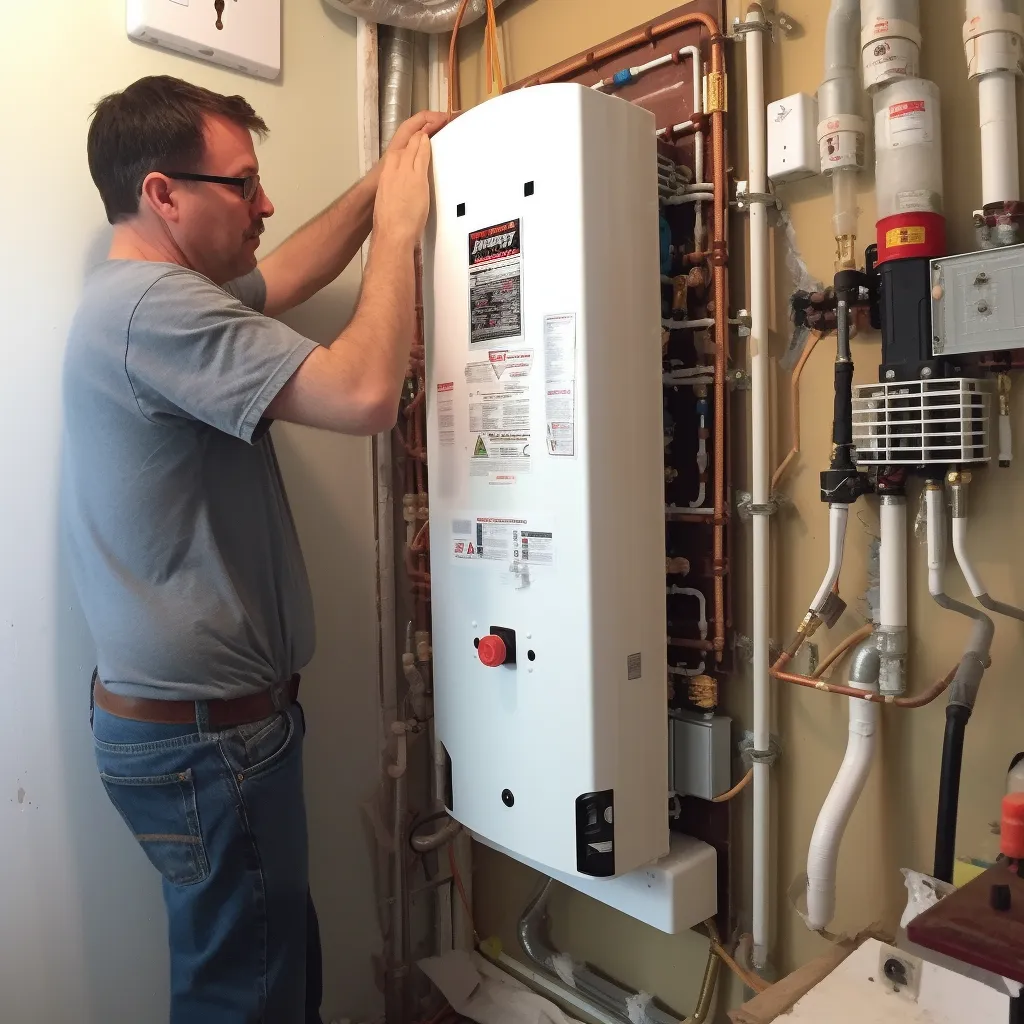
Verify for leaks or other potential issues.
Clean the heat exchanger and burner.
Inspect and replace filters to maintain efficiency.
Test the water pressure and temperature for optimal function.
Ensure the venting system is free of debris.
Perform regular flushing of the system.
Check the air filter for cleanliness.
By scheduling professional maintenance checks on a regular basis, you can keep your water heater in top shape and avoid high energy bills, decreased efficiency, and potential damage. Taking a proactive approach to maintenance can save you time and money in the long run while ensuring a reliable and efficient operation of your condensing tankless water heater.
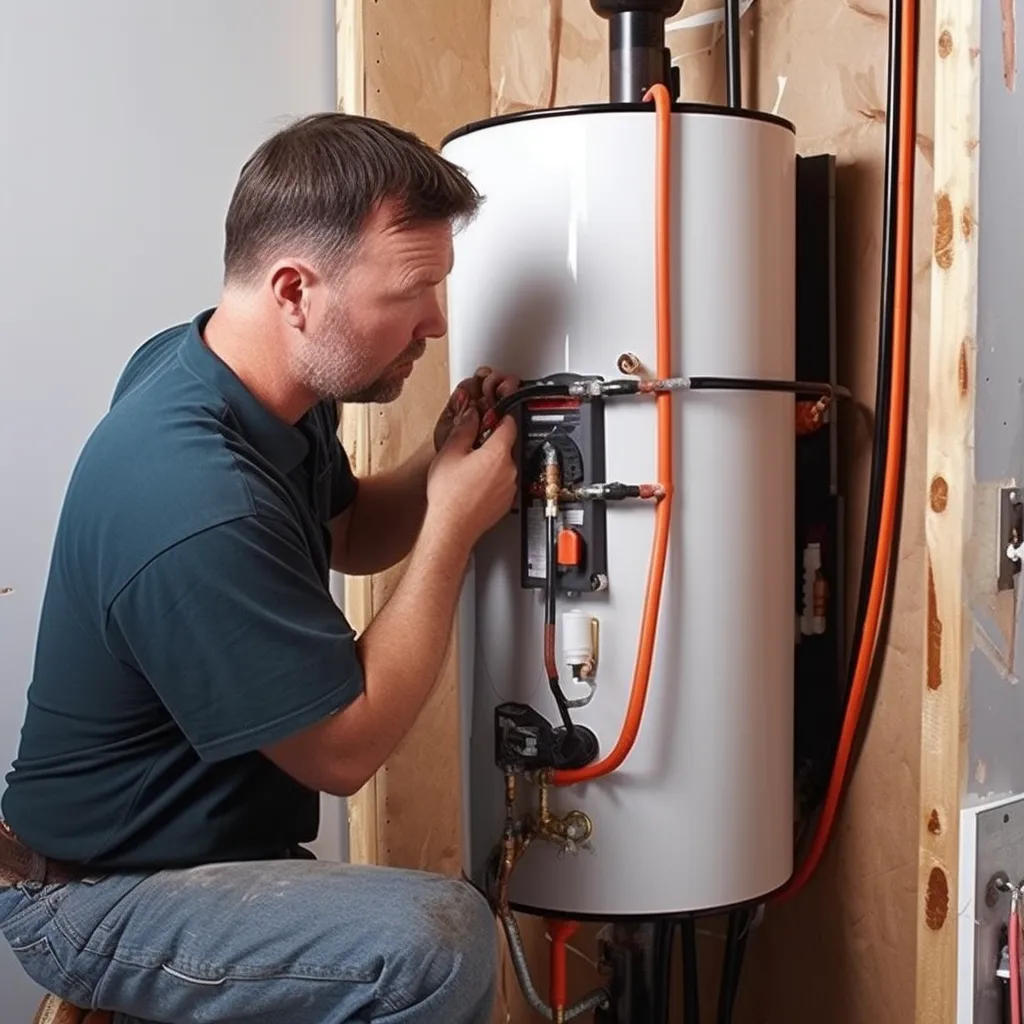
What are the maintenance requirements
for non condensing tankless water heaters?
The maintenance requirements for non-condensing tankless water heaters are similar to those of condensing units. It's important to perform regular maintenance tasks to ensure optimal performance and longevity of your non-condensing tankless water heater. Here are some key maintenance requirements:
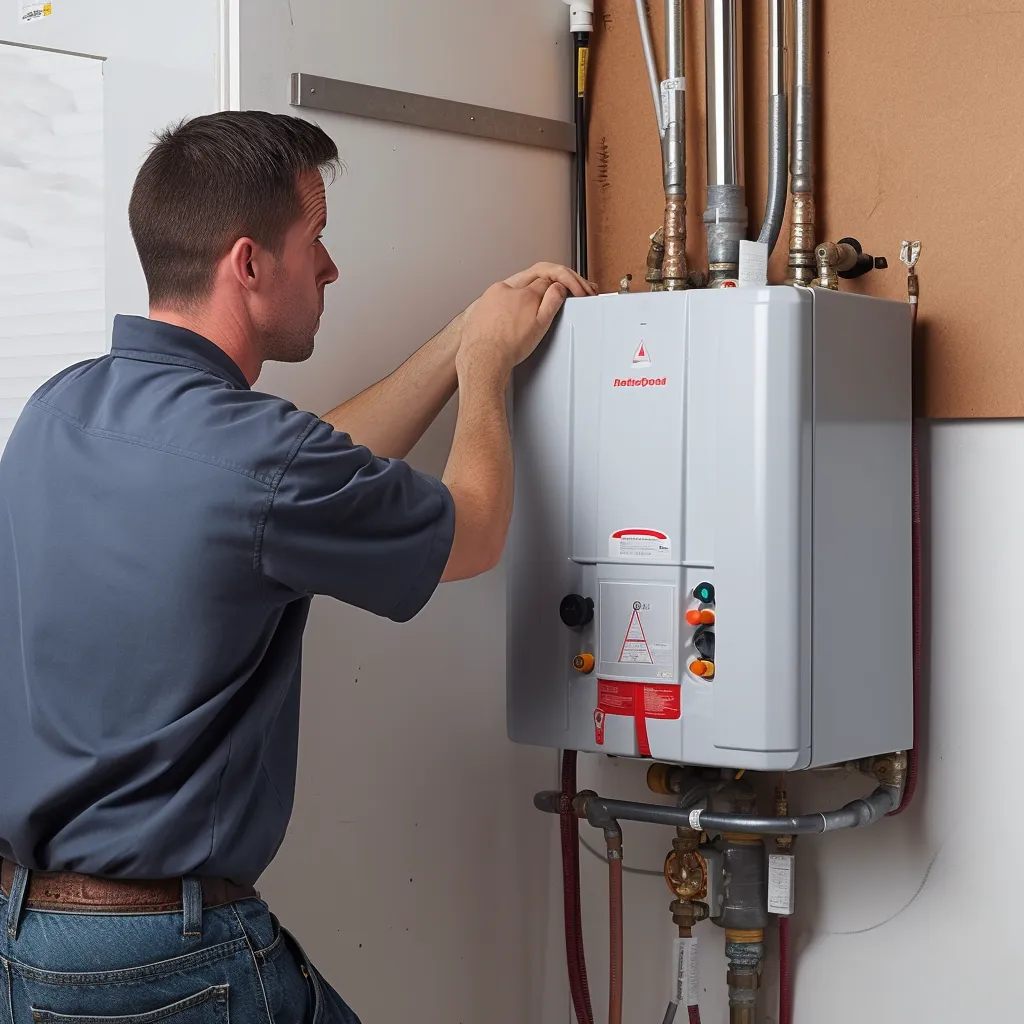
Regularly flush the water heater to remove mineral buildup and debris that can affect its performance and efficiency.
Frequently check the filters and replace them as needed to maintain proper water flow and prevent clogging.
Clean the heat exchanger and burner to remove any accumulated residue or debris that can impact the heater's performance.
Regularly inspect the system for any malfunctions or leaks, and address them promptly to avoid further issues.
Check the water pressure and temperature to ensure they are within the recommended range for optimal performance.
Ensure that the vents are clear of any debris or obstructions to maintain proper airflow and combustion.
What to think about when choosing between a
non condensing vs condensing tankless water heater
When choosing between a non-condensing and a condensing tankless water heater, there are several factors to consider:
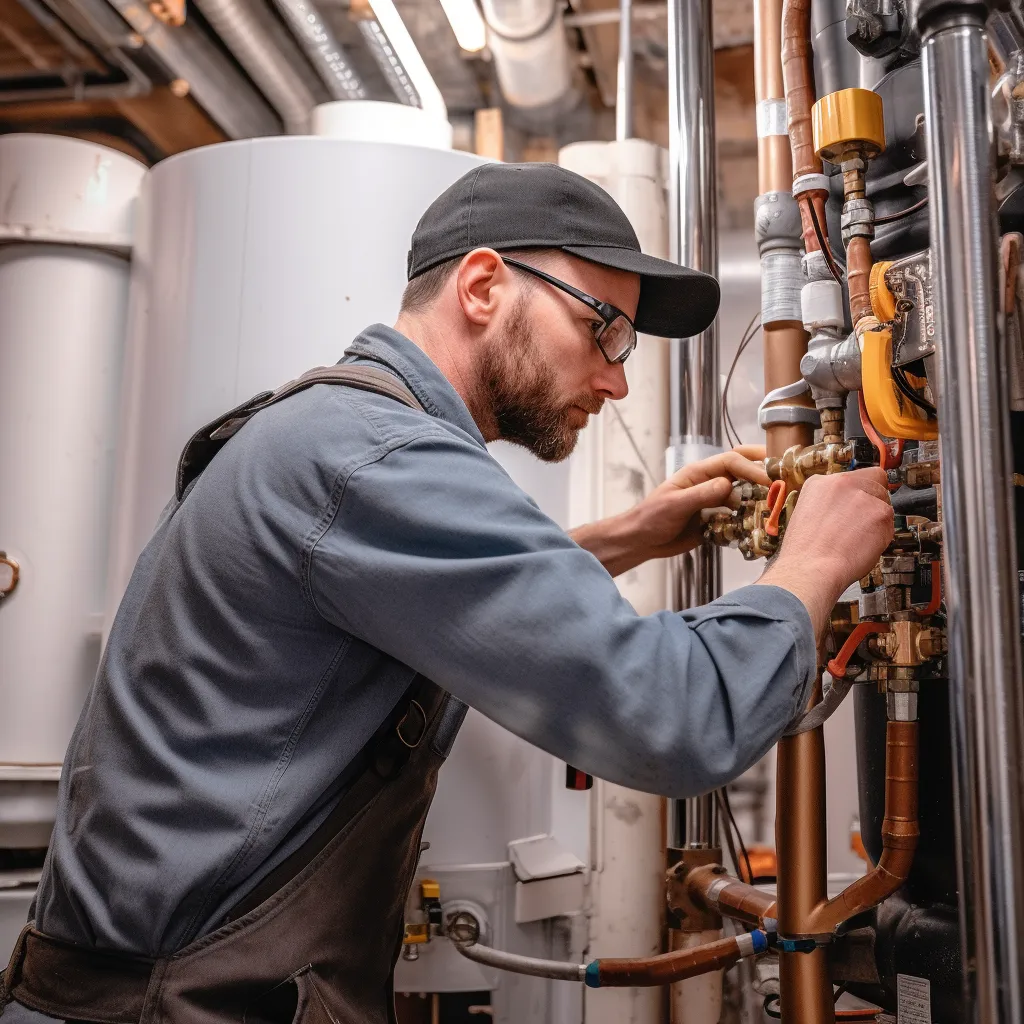
Non-condensing tankless water heaters tend to be larger and require more space for installation compared to condensing models
Condensing units typically require a more complex installation due to additional components such as venting and condensate drainage systems.
Non-condensing models typically require more frequent maintenance compared to condensing units. This can include tasks such as regular flushing to remove mineral buildup, checking and replacing filters, cleaning the heat exchanger and burner, and inspecting for any malfunctions or leaks.
Condensing models are designed to maximize energy efficiency by capturing and utilizing waste heat from the combustion process.
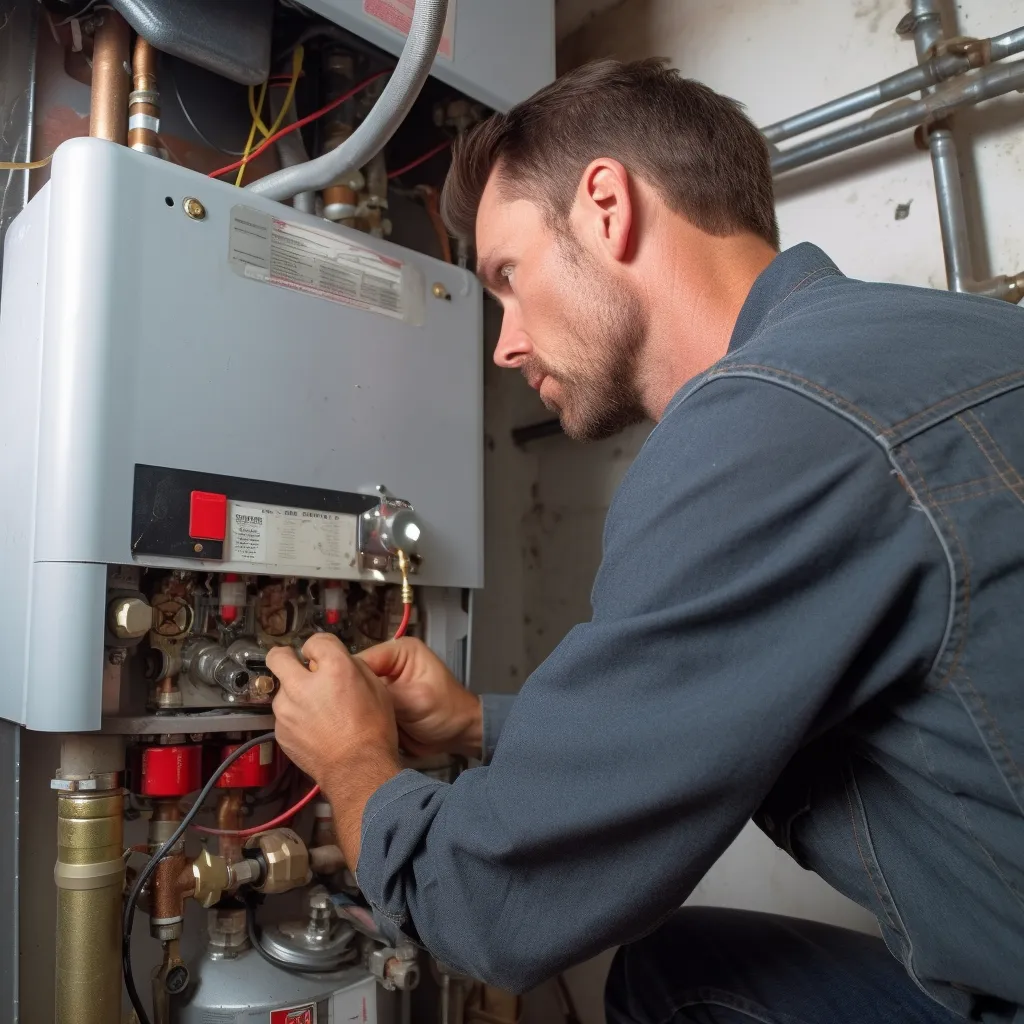
Due Dilligence: Research
Condensing vs Non Condensing Tankless Water Heaters

To find the right tankless water heater for your home, it's crucial to research and compare the pros and cons of different types. One important consideration is whether to choose a condensing or non-condensing unit. While non-condensing models may initially appear more affordable, they can waste energy and require more maintenance. In contrast, condensing tankless water heaters offer cost-effectiveness and energy savings. Taking the time to compare options and consult with a licensed professional who understands your home's specific requirements will help you make an informed decision. With their expertise, you can select the ideal tankless water heater type that meets your needs and ensures reliable hot water supply while maximizing energy efficiency.
Ready to Solve Your Plumbing Needs?
For reliable, expert plumbing services tailored to the needs of Malden and its neighboring cities, look no further than Water Heater Genies. We’re here for you 24/7, ensuring that your plumbing is always in top condition.
Call us today to schedule your service!
Business Hours: Monday - Sunday, 24 Hours
Phone Number: (781) 679-1733
Location: Malden, MA serving all surrounding areas.
Trust your local experts at Water Heater Genies for professional, timely, and efficient plumbing solutions.
GET IN FULL TOUCH
PHONE: (781) 679-1733
EMAIL:
marcus@waterheatermalden.com
Water Heater Genies
Malden, MA 01248
